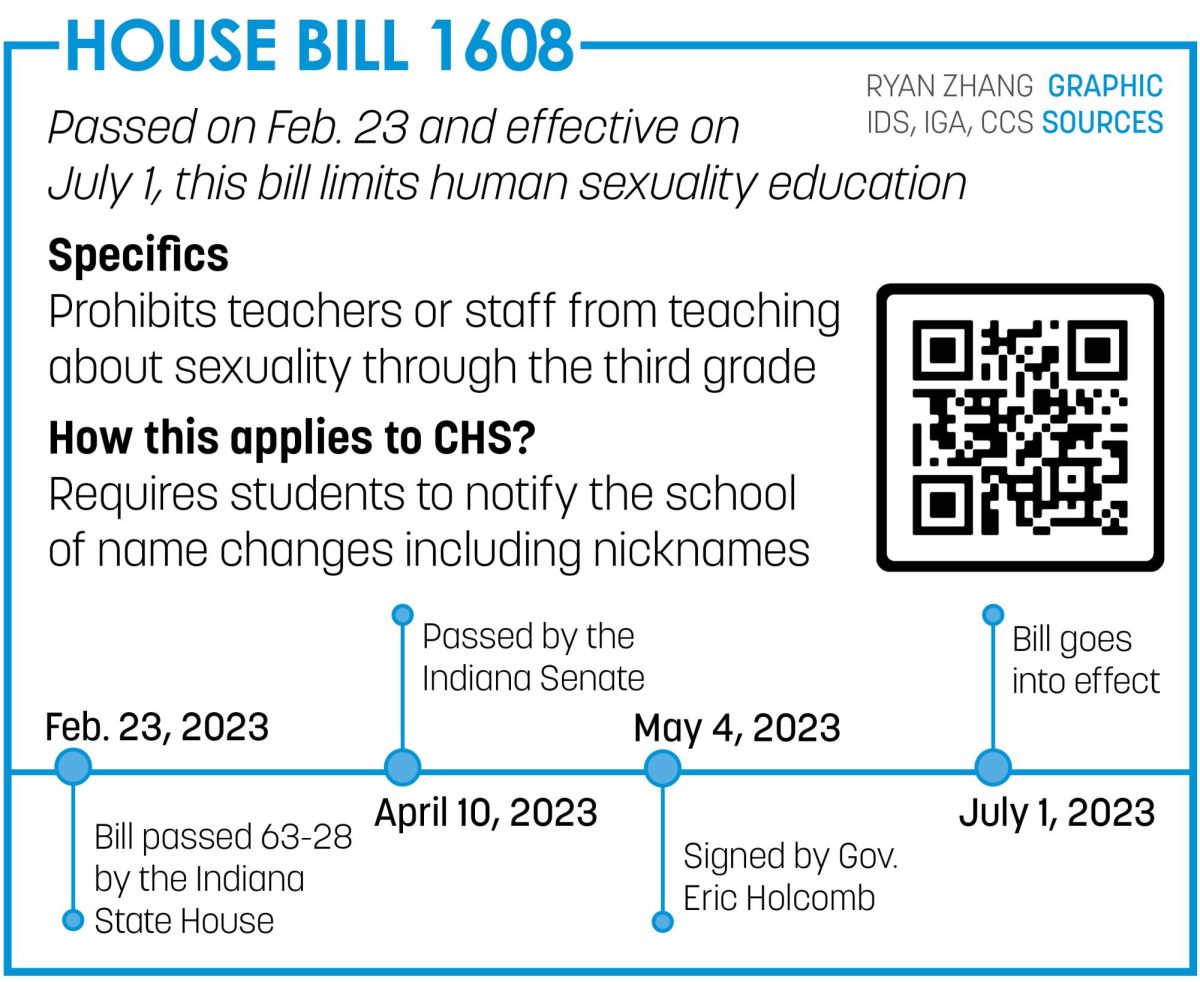The new Indiana law, House Bill 1608, titled “Education matters,” is stirring significant controversy among students, parents and schools, as the school year begins. Having gone into effect July 1, the new bill mandates that Indiana public and charter schools must provide parents with a written notice within five days when students wish to go by anything other than their legal name.
CHS counselor Casey Danubio said the bill is vague and allows each school district to interpret it to its own will.
“So the Carmel school district—we were told as counselors—that the process would be if a student had a name that wasn’t in PowerSchool, they were to either let a counselor or teacher know. The teacher would then funnel all (of that information) through the counselor and the counselor is to reach out to a parent for a written or verbal confirmation that it was okay for us to update it in PowerSchool,” she said, “So everything has to be basically parent permission now.”
This bill has benefited sophomore Jasmine Choi, who recently moved from South Korea. She had started going by Jasmine after she moved from South Korea to Indiana last year. Choi, who previously went by Yeonsoo, agreed the bill was beneficial, especially to people who have legal names that are hard to pronounce.
Choi said, “For people who have names that people have a hard time pronouncing, like me, (the bill) is good to have because it would be beneficial for the person with the name and for other people, so I think it’s appropriate.”
However, Choi admitted her parents were a bit disgruntled by the new bill as they had to change her name in PowerSchool.
“Sometimes, (my) name is put in as Yeonsoo, and my parents have to change it to Jasmine, which makes them annoyed,” Choi said.
Danubio said she still considered the law to be frivolous, rather than helpful.
She said, “In some cases, I think (changing names in PowerSchool) would be those cases where it was more of a gender thing and not just a nickname thing… To me, it has always seemed more frivolous than helpful, because in our district, we would have always contacted the parent regardless (of the bill) if there was a gender (support) plan.”
However, junior Tony Olson said this bill has been a lot more than “just a nickname.”
“I don’t think the government has any business saying what nicknames someone can go by. I don’t see why it’s relevant, I don’t see why it matters,” he said, “I know a lot of my friends have had problems; they don’t want to tell their parents about their nicknames, and it can be a dangerous situation for someone to be in.”
Ultimately, Olson said he disagrees with the belief that one of the benefits of the bill was encouraging parental supervision.
“I feel like there are certain things that people have the right to keep private, and if someone doesn’t want their parent to know what nickname they’re going by, it’s not for fun, it’s for safety,” he said. “In the case where a parent is unaccepting, it would lead to, you know, you can’t have that safe space at school. Everyone has to use your dead name or pronouns you don’t use, and that puts people in a really bad mental state. It’s just not healthy.”









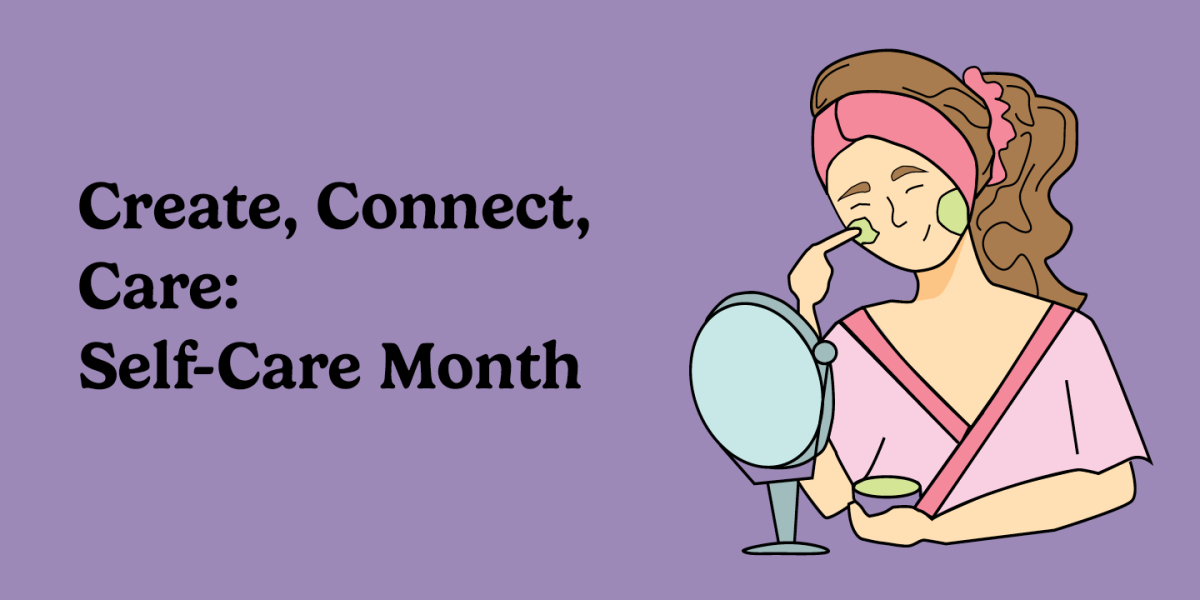







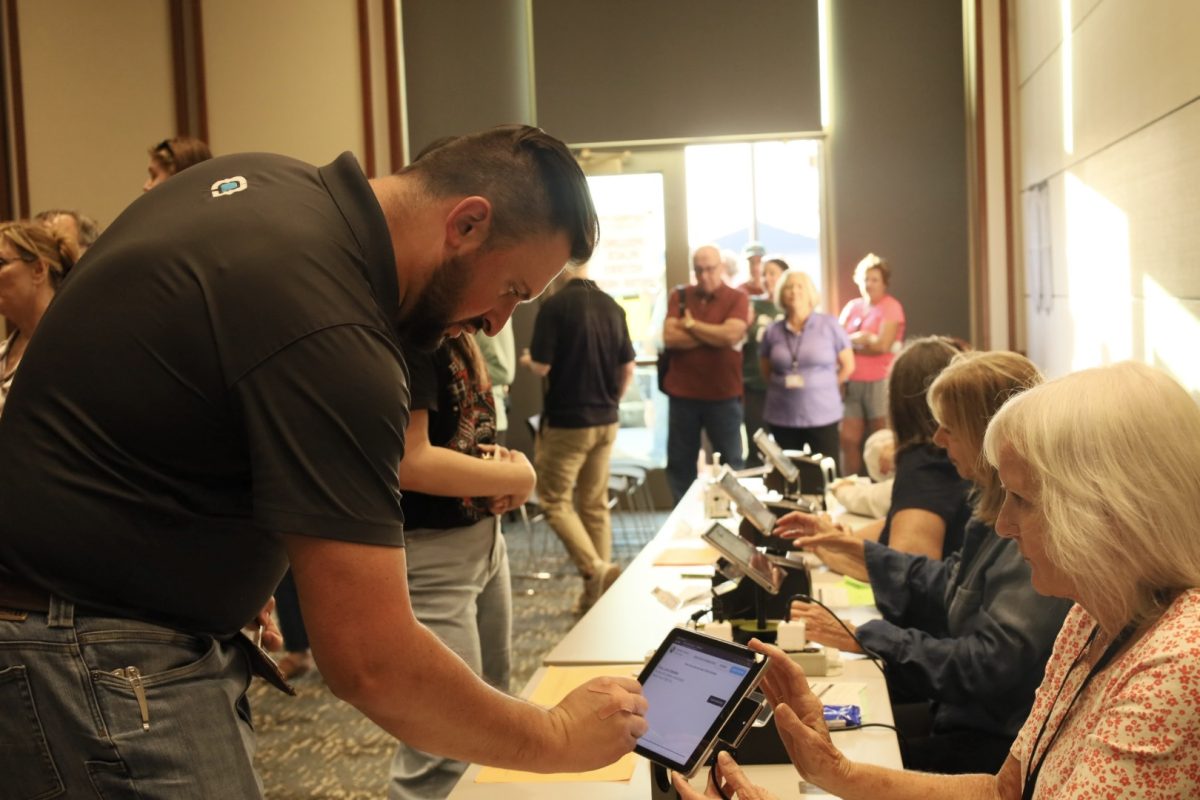



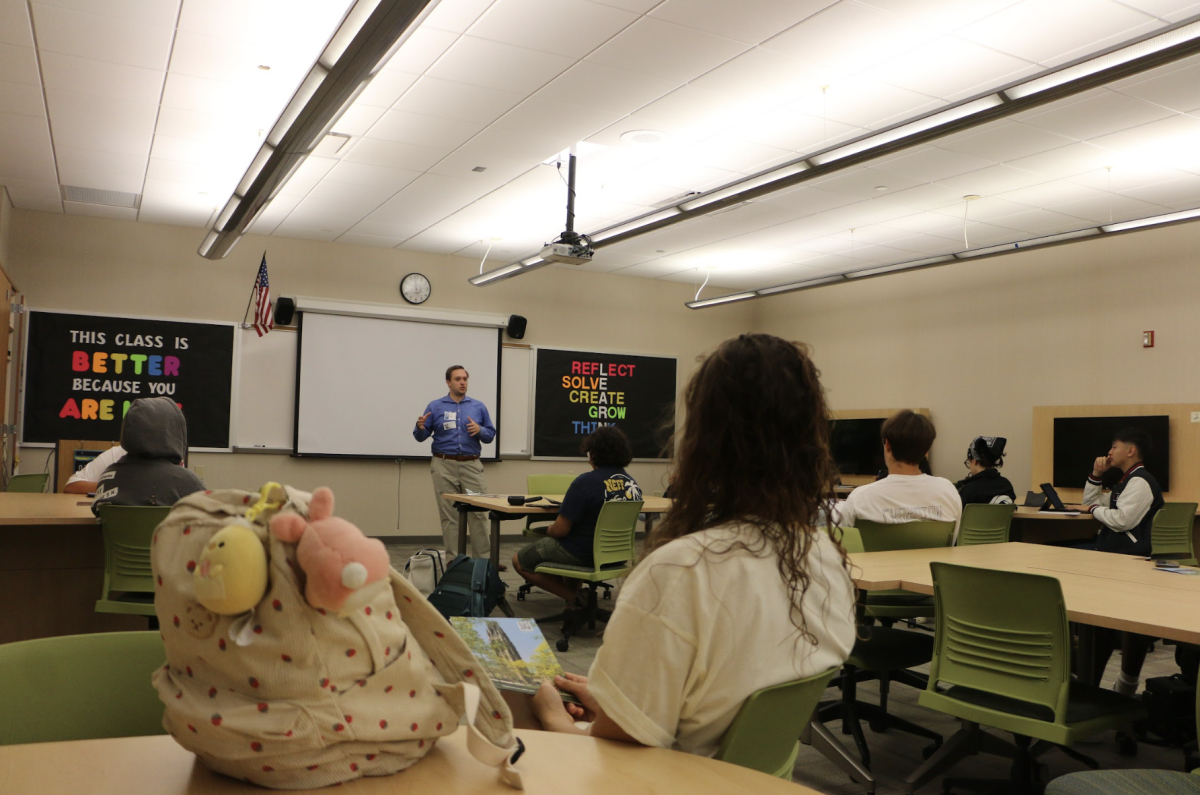

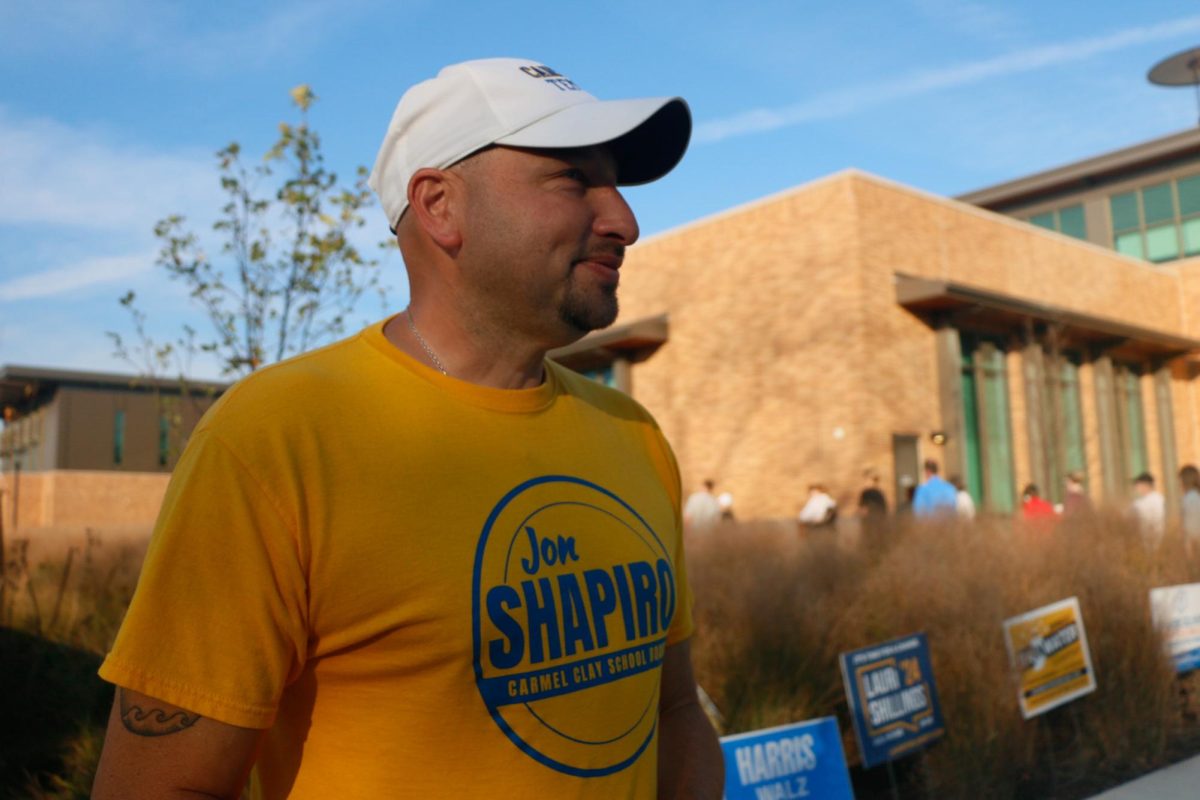
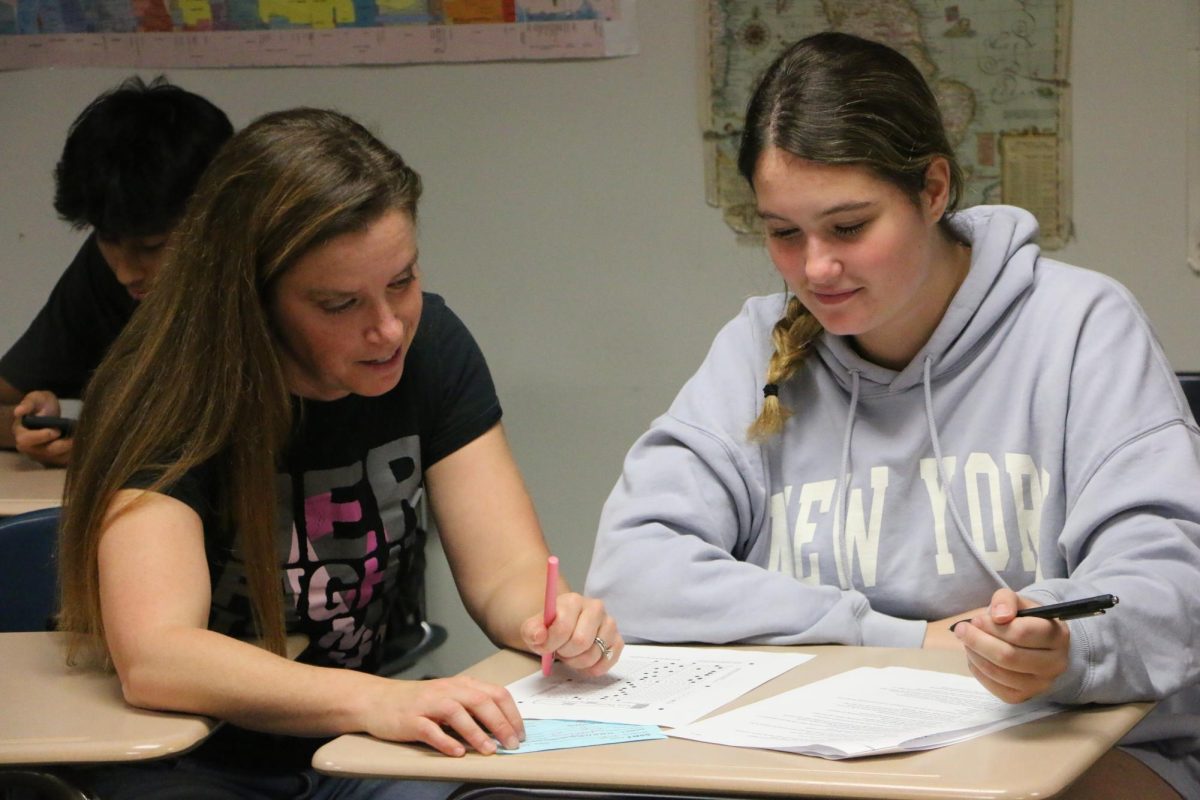

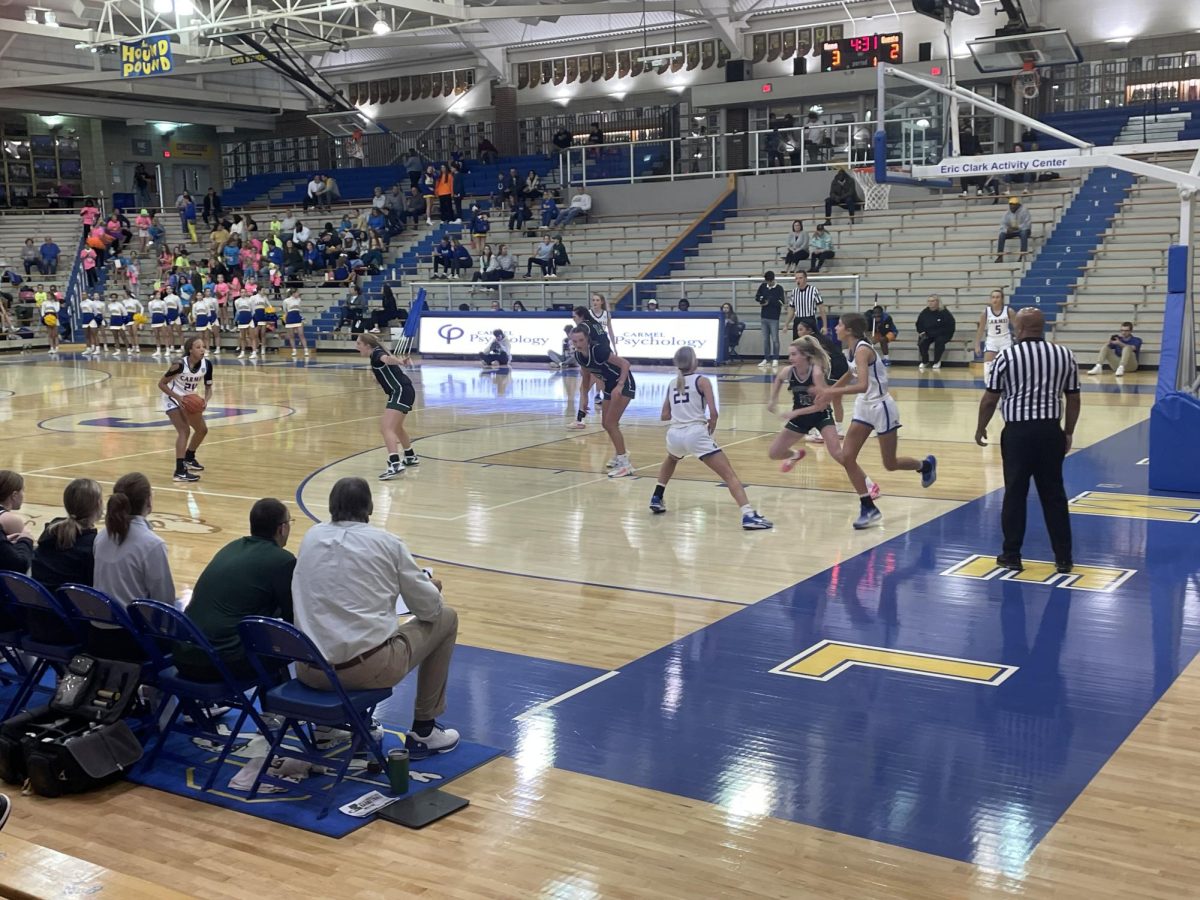





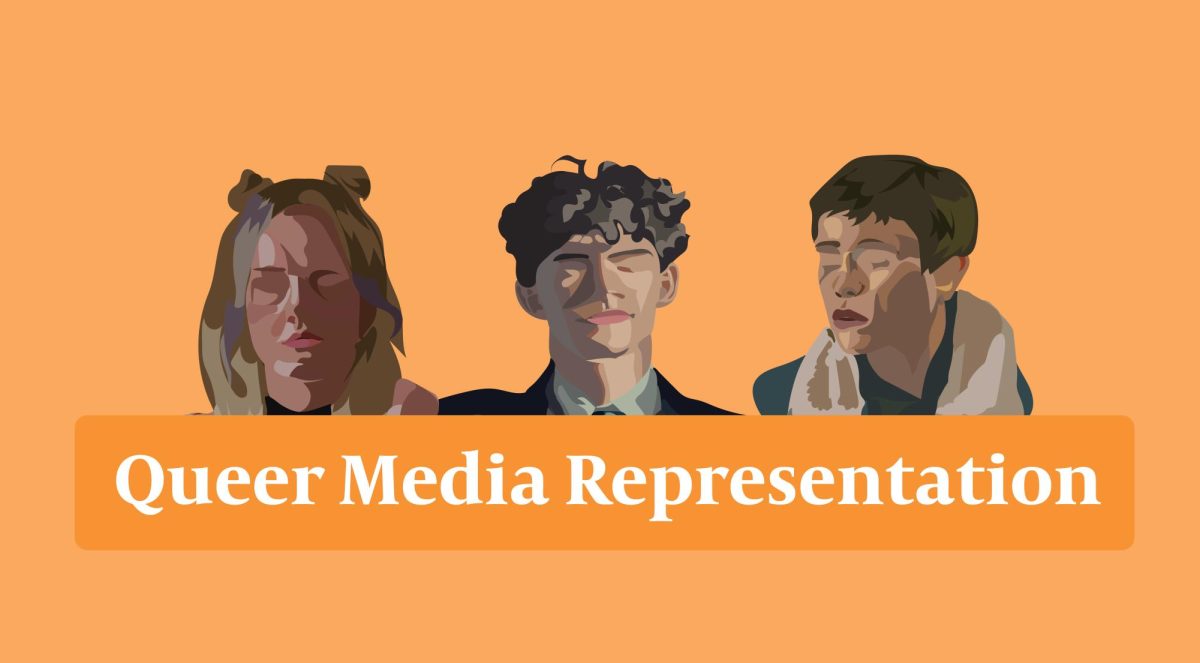
![Chilling or Childish? The downfall of modern horror movies [opinion]](https://hilite.org/wp-content/uploads/2024/10/adjusted-horror-cover-1200x471.jpg)
![“Uglies” is a call for change in the YA dystopian genre [opinion]](https://hilite.org/wp-content/uploads/2024/10/Perspectives-Cover-1200x471.jpg)




































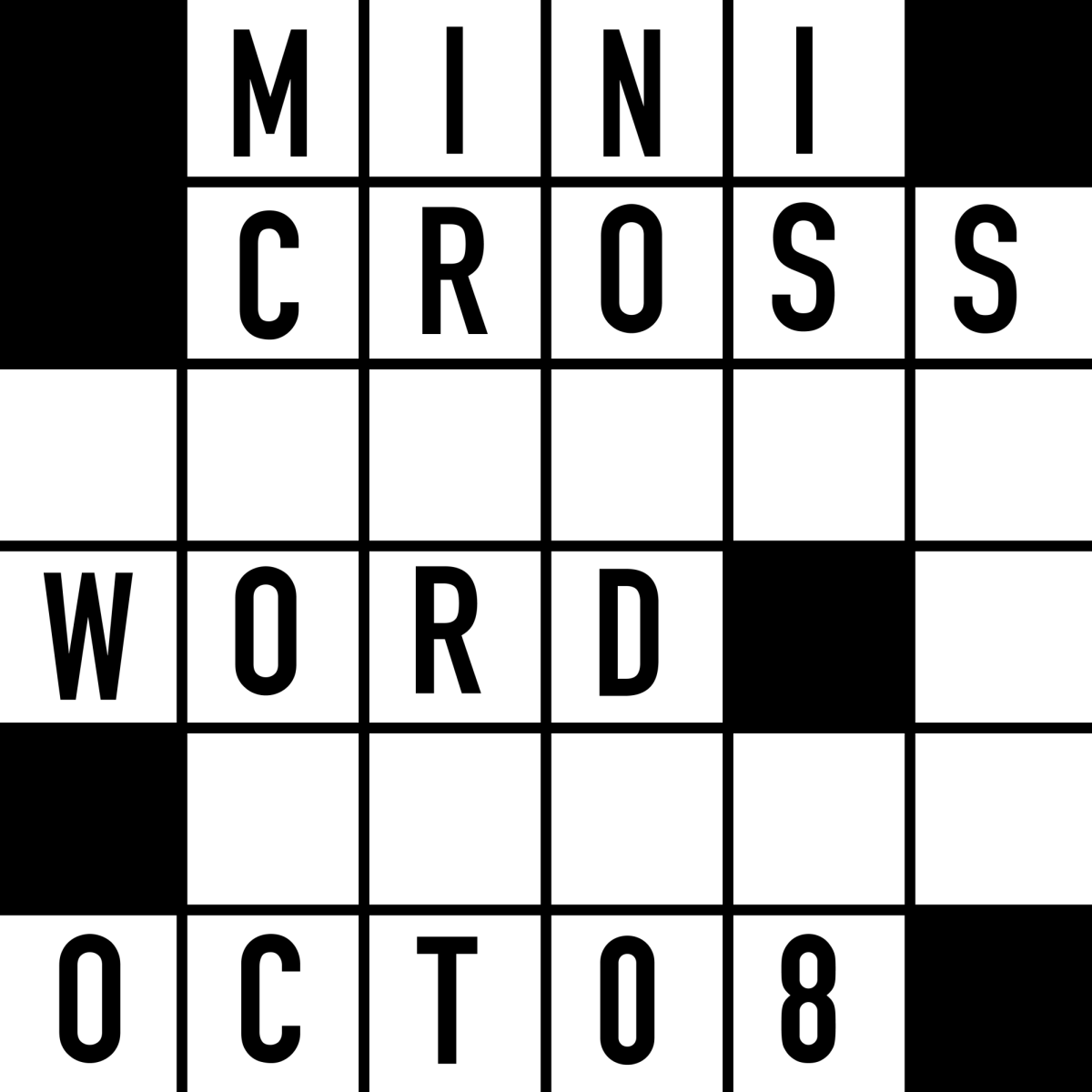








![Review: Indy Scream Park is a perfect level of spook to kickstart the Halloween season [MUSE]](https://hilite.org/wp-content/uploads/2024/11/IMG_1383.jpg)
![Review: “Saturday Night” is a chaotic and thrilling look at the origins of “Saturday Night Live” [MUSE]](https://hilite.org/wp-content/uploads/2024/10/snl-1200x800.jpg)
![Review: “Megalopolis” is a bold, bewildering mess [MUSE]](https://hilite.org/wp-content/uploads/2024/10/MV5BYTk3MjUzMGItYmU1NC00M2YyLThmNDMtNDI4NjkxNjgzMjQzXkEyXkFqcGdeQXRyYW5zY29kZS13b3JrZmxvdw@@._V1_-1200x675.jpg)
![Review in Print: Maripaz Villar brings a delightfully unique style to the world of WEBTOON [MUSE]](https://hilite.org/wp-content/uploads/2023/12/maripazcover-1200x960.jpg)
![Review: “The Sword of Kaigen” is a masterpiece [MUSE]](https://hilite.org/wp-content/uploads/2023/11/Screenshot-2023-11-26-201051.png)
![Review: Gateron Oil Kings, great linear switches, okay price [MUSE]](https://hilite.org/wp-content/uploads/2023/11/Screenshot-2023-11-26-200553.png)
![Review: “A Haunting in Venice” is a significant improvement from other Agatha Christie adaptations [MUSE]](https://hilite.org/wp-content/uploads/2023/11/e7ee2938a6d422669771bce6d8088521.jpg)
![Review: A Thanksgiving story from elementary school, still just as interesting [MUSE]](https://hilite.org/wp-content/uploads/2023/11/Screenshot-2023-11-26-195514-987x1200.png)
![Review: "When I Fly Towards You", cute, uplifting youth drama [MUSE]](https://hilite.org/wp-content/uploads/2023/09/When-I-Fly-Towards-You-Chinese-drama.png)
![Postcards from Muse: Hawaii Travel Diary [MUSE]](https://hilite.org/wp-content/uploads/2023/09/My-project-1-1200x1200.jpg)
![Review: "Ladybug & Cat Noir: The Movie," departure from original show [MUSE]](https://hilite.org/wp-content/uploads/2023/09/Ladybug__Cat_Noir_-_The_Movie_poster.jpg)
![Review in Print: "Hidden Love" is the cute, uplifting drama everyone needs [MUSE]](https://hilite.org/wp-content/uploads/2023/09/hiddenlovecover-e1693597208225-1030x1200.png)
![Review in Print: "Heartstopper" is the heartwarming queer romance we all need [MUSE]](https://hilite.org/wp-content/uploads/2023/08/museheartstoppercover-1200x654.png)





